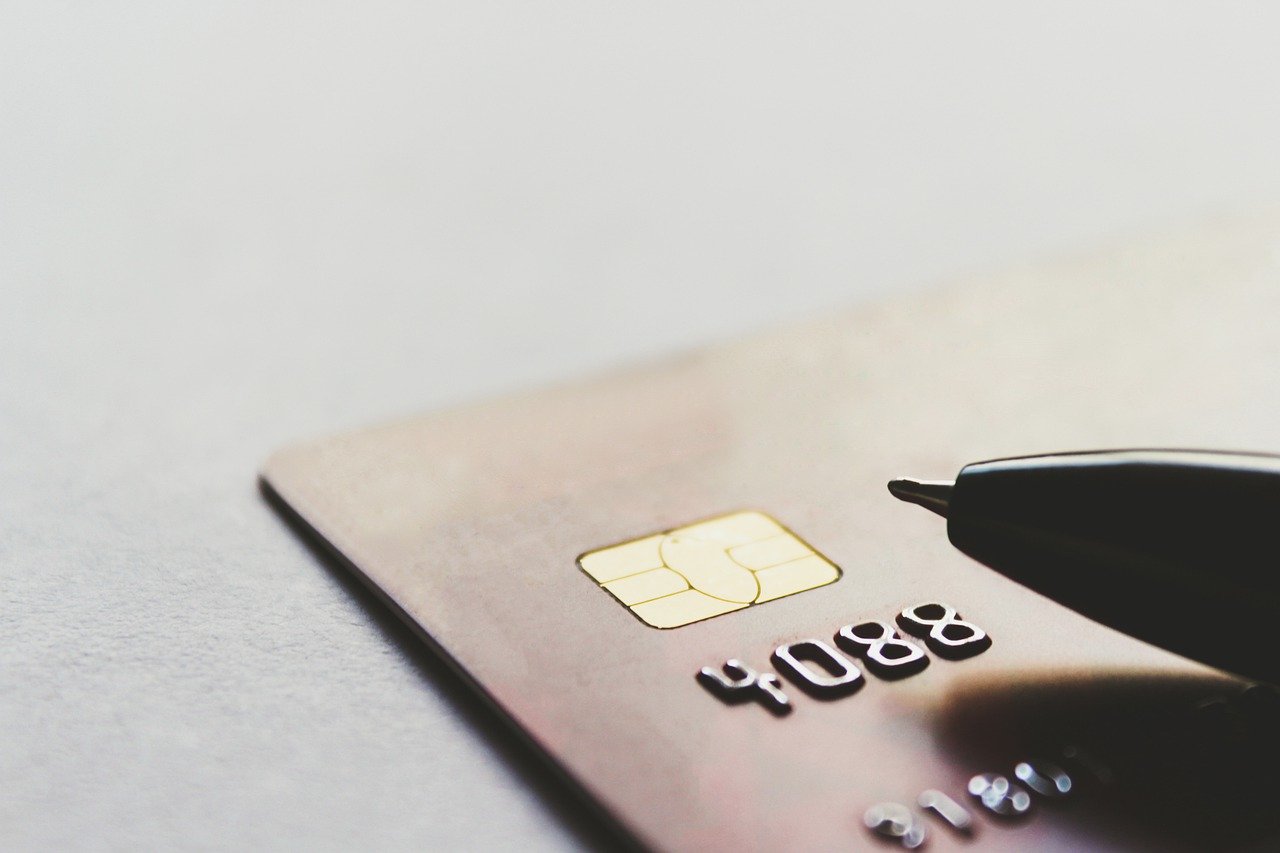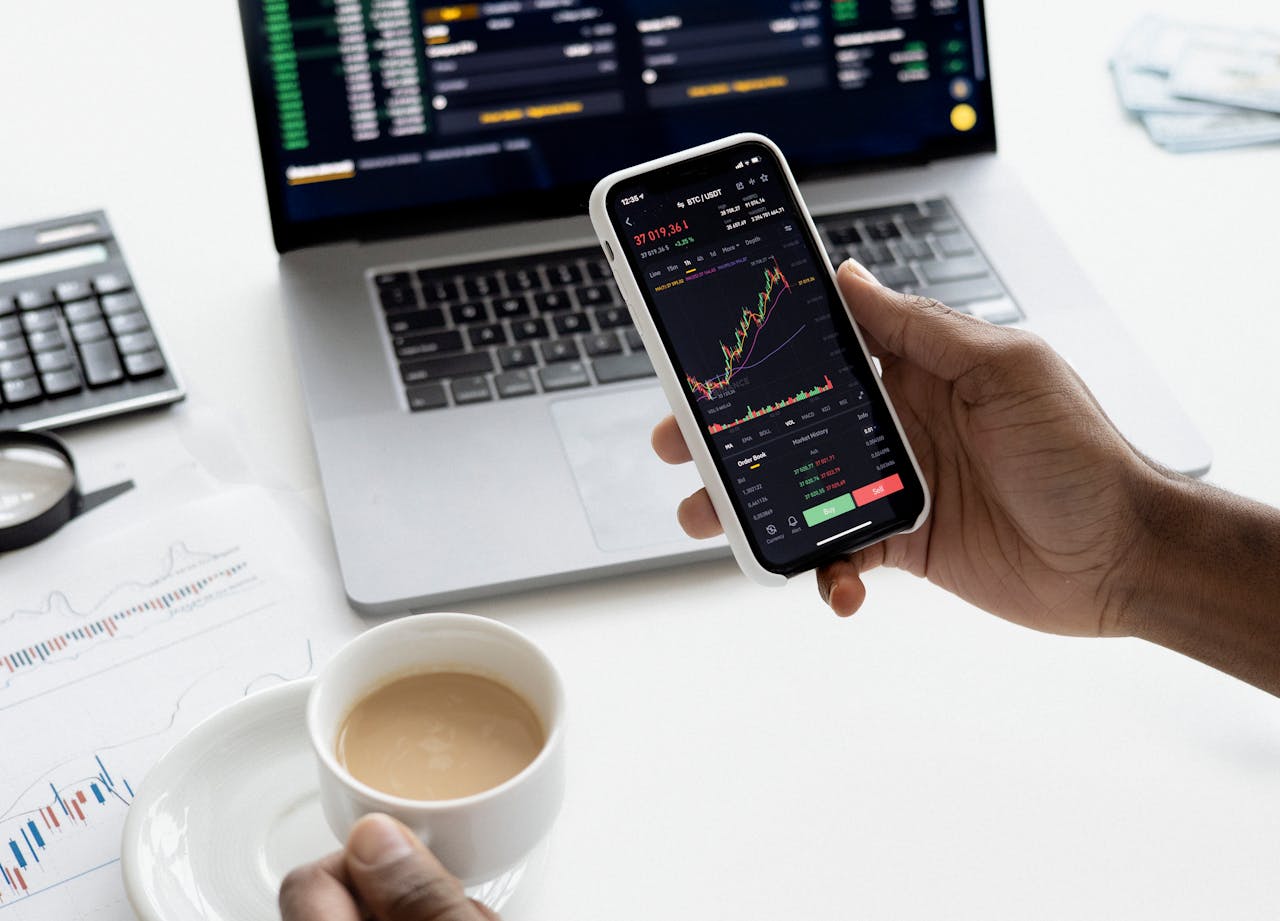

As Southeast Asia's most densely populated nation, Indonesia experiences one of the most problematic effects of the COVID-19 pandemic. The mobility restrictions did prevent COVID-19 from spreading forced companies to pivot their strategies to survive the volatile times and stay relevant as consumer behavior shifts permanently.
The COVID-19 impact on Indonesian consumers has emphasized the urgency of elevating hygiene and health, bringing forth the country's interest in vitamins and supplements. Even as the cases slow down at the end of 2021's first quarter, the demand for hygiene and health products is still growing at significant rates.
A report conducted by DBS has shown that 54 percent of Indonesian respondents stated their willingness to consume more vitamins regardless of the presence of the COVID-19 pandemic, and 87 percent of the respondents would pay more attention to their cleanliness.

In addition to the rise of hygiene and health products, e-commerce also permanently changed how Indonesians live in the post-pandemic era. As the country experienced back-to-back mobility restrictions, consumers are adapting to online shopping for their daily needs.
The rising e-commerce adoption is supported by Indonesian citizens' demographic conditions, who are already one of the world's most active social media users and are mainly tech-savvy middle-class workers gathering in the capital city, Jakarta.
Before the pandemic, the Indonesian e-commerce adoption level stood at a mere 24 percent. However, 66 percent of Indonesian consumers prefer ordering through e-commerce instead of conventional shopping after the pandemic.
The peak in e-commerce has caused a 700 percent increase in online grocery app download activities during the pandemic, especially by users living in the most populous island of the country, Java.
The trend has proven the urgency for consumer-end businesses to adapt to the growing needs for digitalization, ranging from establishing an online presence for seamless consumer interactions to leveraging the vast internet adoption for an agile supply chain throughout respective industries.
The increase of e-commerce provided accessibility to digital home entertainment and food delivery services, the country's two most bought e-commerce subsegments. With the strict mobility restrictions, Indonesian consumers are shopping for entertainment products that would increase the comfort level of their homes as a replacement for spending leisure time in public spaces.
The increasing interest in entertainment services can be seen through the growth of online mobile gaming platforms, a few industries that recorded positive change during 2020.
Even though the COVID-19 pandemic has made Indonesia consumer behavior reduce their spendings due to the year-and-a-half reduction in household income across the country, Indonesian consumers have shown remarkable optimism towards the economy rebound. A survey from Mckinsey resulted in 49 percent of Indonesian having faith in the vast recovery of the economy.
With a solid and dynamic consumer base, the Indonesian consumer market is the backbone of the economic condition. With companies racing to digitalize their operations and optimistic public sentiment towards the COVID-19 recovery, Indonesia's path to surviving the pandemic lies in catering to the people's shift in preference and gradually adapting to the new methods of navigating through society.

Revolutionizing Finance: An Overview of Digital Lending in Southeast Asia
Digital lending is poised to become the primary revenue driver for digital financial services in Southeast Asia (SEA) by 2025, outpacing digital payments. This growth is fueled by a 33% annual increase in digital lending, supported by technological innovations such as automated loan origination processes and seamless integration of financial services into digital experiences. These advancements have made it easier for consumers to access financing for various needs, including online shopping, travel bookings, and ride-hailing services.

IoT Integration in the SEA Automotive Lubricants Market
The Southeast Asia (SEA) automotive lubricants market is rapidly evolving with the integration of Internet of Things (IoT) technology. This transformation offers significant benefits, creates new opportunities in smart technology, and introduces innovative IoT solutions that can revolutionize the industry.

Embracing Robotization: Challenges and Opportunities in Industry 4.0
Robotization presents challenges and opportunities for businesses and the workforce, requiring companies to embrace this transformation.

Opportunities in the Indonesian Skincare Market
The rapid growth of the Indonesian skincare market presents significant opportunities for the beauty industry. Projections indicate a steady growth trajectory of 4.6% over the next five years, reflecting sustained consumer demand and market expansion. In this article, we will explore the various opportunities that the Indonesian skincare market presents for brands seeking to establish a strong foothold and thrive in this dynamic landscape.